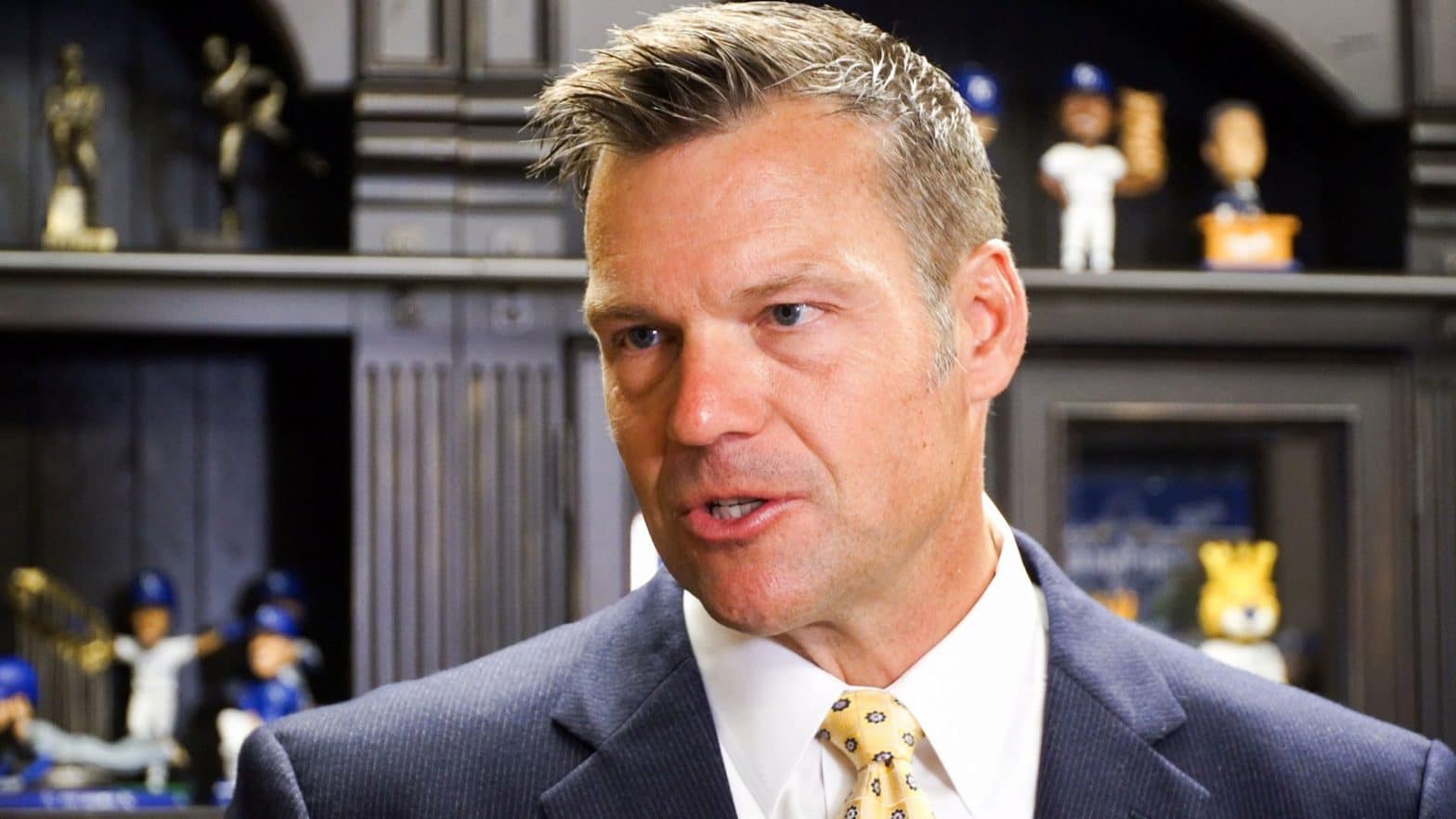Who Are You Calling Wretched?
COMMENTARY

You have to hand it to Ken Cuccinelli.
As President Donald Trump’s wingman on immigration, in a scant few days he managed a trifecta of arrogance, ignorance and hubris. It was a performance one can only call Trumpian.
Cuccinelli, the acting director of U.S. Citizenship and Immigration Services, on Monday announced the Trump administration’s new regulation known as the public charge rule. The rule, which could go into effect in October, places strict limitations on how many legally available public aid resources an immigrant can use and still be considered for a green card, or even to remain legally in the country. Essentially, the new rule is a bar to poor immigrants.
Cuccinelli was soon confronted with the civic icon every American student of elementary school age has learned about: the Statue of Liberty. Inscribed on the pedestal is “The New Colossus,” the famous poem of Emma Lazarus, which identifies Lady Liberty as “Mother of Exiles” and contains these unambiguous words: “Give me your tired, your poor, Your huddled masses yearning to breathe free, The wretched refuse of your teeming shore.”
Any schoolkid can tell you what that means, but Cuccinelli had other ideas. On Tuesday, in an interview with National Public Radio, he rephrased this century-old American ideal with, “Give me your tired and your poor who can stand on their own two feet and who will not become a public charge.”
If this was an attempt at wit, it fell flat.
The former Virginia attorney general epitomized an administration hellbent on upending a century of standards guiding who gains legal permanent resident status.
The Trump administration believes it can predict who will flourish in America and who will not. And it wants more discretion to do the choosing upfront. It’s a thin veil for Trump’s hostility to Latinos and immigrants from nations that the president has already termed “s—hole countries.”
But the move is also a staggering affront to the ideal that we are all created equal, that within the United States a fertile soil of opportunity exists for all who wish to prosper.
Estimates are that the administration’s policy change could curtail the immigration dreams of up to 26 million people. Again, the policy affects legal immigrants who might have even temporarily tapped into public housing assistance, medical help or a nutrition program to help their children.
Trump, asked to comment, chimed in with, “I’m tired of seeing our taxpayer paying for people to come into the country and immediately go on welfare and various other things.”
The president is misrepresenting reality, as is so often the case.
Immigrants use public assistance at much lower rates than native-born people. They tend to be more entrepreneurial and are more apt to start their own business.
Overall, this latest shift underscores a point that the president might not have meant to convey quite so clearly: The Trump administration does not believe in America, not the way most of us do. Most of us take pride and inspiration in hearing stories that begin with, “Only in America,” followed by details of a person’s rise by fortitude, grit and perseverance.
Those stories are siren calls to aspiring immigrants. The United States, despite our political and racial fault lines and fractures, still extends the promise of upward mobility in ways not possible in many other nations. The pathways — access to a quality public education, affordable housing and laws that ensure equality — are increasingly under attack but remain protected in established law.
Cuccinelli’s personal hypocrisy was quickly called out. Based on ancestry records his family had put online, reporters were able to figure out that his Italian ancestors would likely have been unable to clear the new hurdles. The same can be shown for Trump. And me. And likely you, dear reader.
A lot of people believe erroneously that their ancestors arrived speaking English and with adequate money, licenses and skills to immediately find a place in America. The prevalence of immigrant aid societies and settlement houses in virtually every city of size a century ago tells us otherwise. And while administration spokespeople point out that there have been laws on the books since 1882 permitting the exclusion of immigrants who were likely to become a “public charge,” historians have shown that few migrants were denied entry on these grounds.
Not all immigrants who arrive penniless will end up prosperous, or even comfortable. But they will make a better way for themselves and their families than they could have in the old country. Most likely, it will be the second and third generations who follow traditional paths of assimilation and find their way.
But the idea that this administration can accurately predict who will rise and who will fail, bets against what the U.S. stands for: Life, Liberty and the pursuit of Happiness.
It is wrong, on the merits of the case and from the standpoint of the civic faith we all share.
—
Readers can reach Mary Sanchez at [email protected] and follow her on Twitter @msanchezcolumn.
© 2019, MARY SANCHEZ DISTRIBUTED BY TRIBUNE CONTENT AGENCY, LLC
























